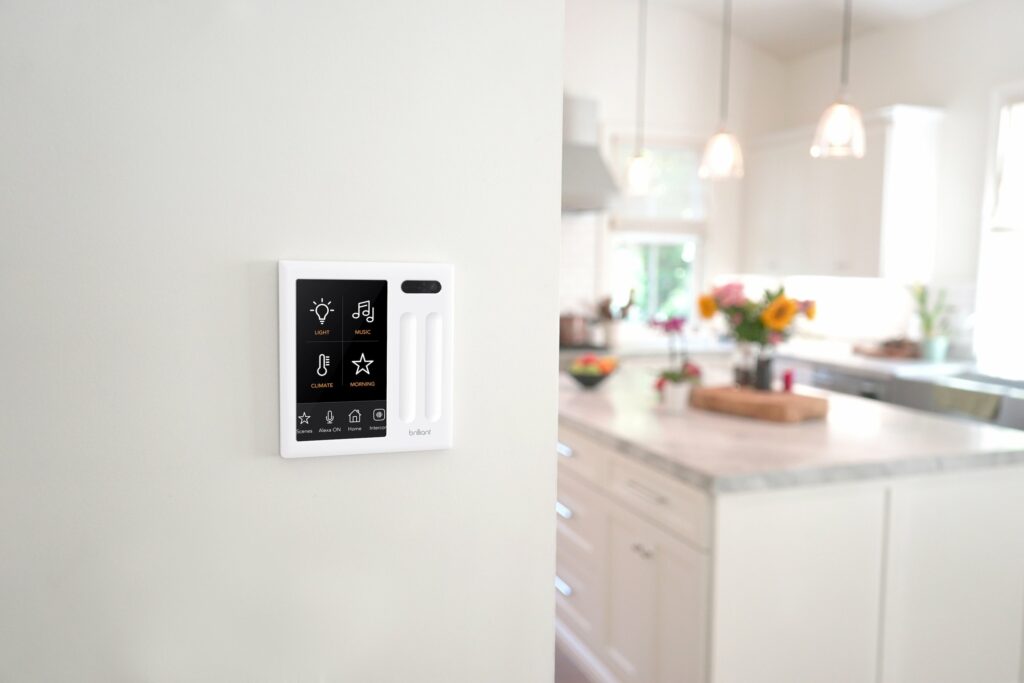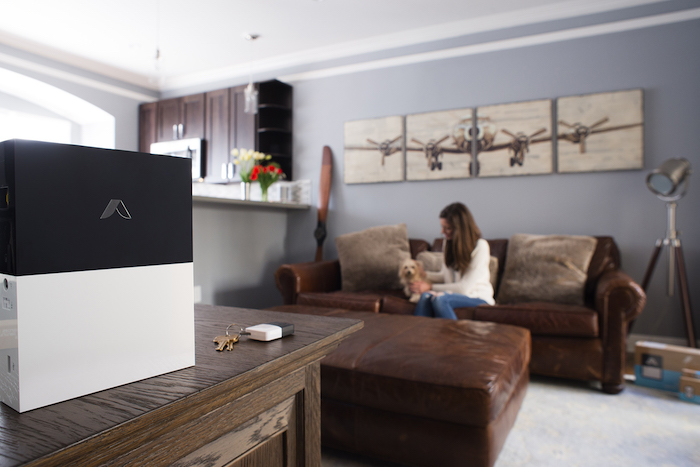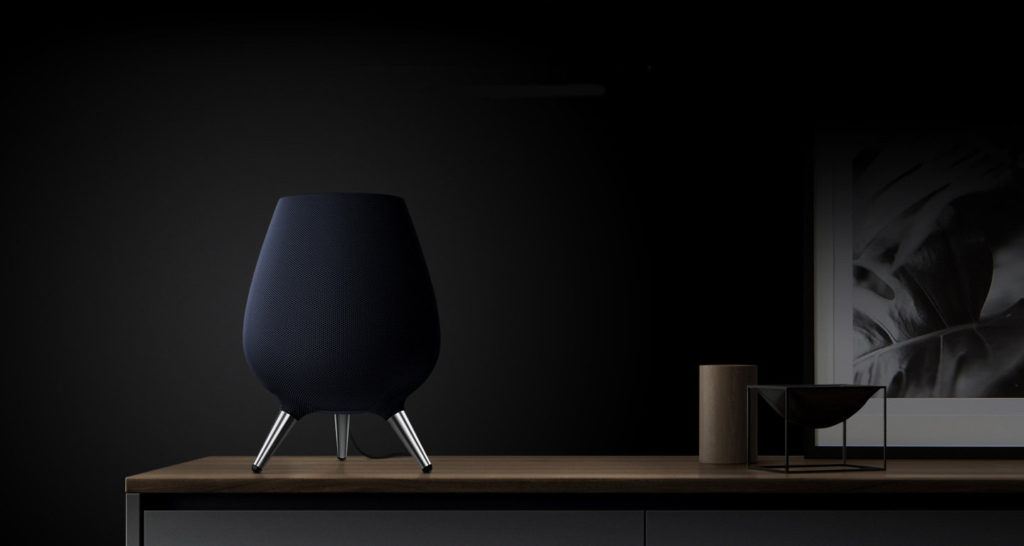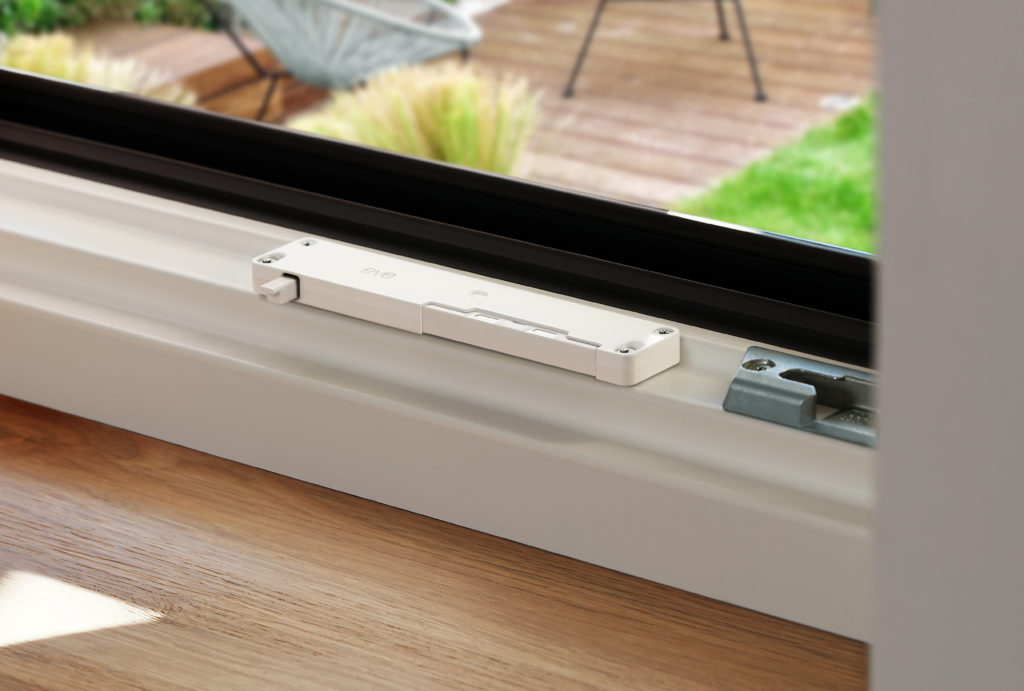This week we continue our discussion of the coronavirus, because a week later, things are still getting canceled. Plus, Kevin shares some tips for having your smart home help you avoid infection. We then continue our case against Telnet with a report from F-secure and say goodbye to Cortana’s consumer-oriented skills. We also check in on the dystopian future of robots monitoring human workers before pivoting to cheerier news of Alphabet trying to use computer vision to help fish. In smaller news, we talk about a new tire from Goodyear, Somfy teaming up with OSRAM, a new heavy-duty computer for less, Allegion’s investment in Openpath and a new video doorbell at Vivint. On this week’s IoT hotline we answer a question about a smart lock that doesn’t actually lock or unlock.
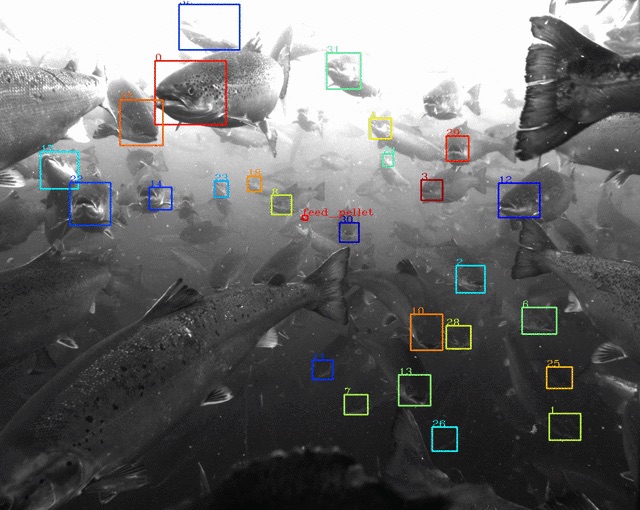
Our guest this week is Johanna Huggare, manager, Intelligent Machine Platform at Volvo Construction Equipment. We talk about Volvo’s new business unit devoted to autonomous systems, and why it’s not devoted to autonomous vehicles. She also shares her take on the value of 5G, 4G and even 3G, and explains how Volvo CE is trying to change how it does business now that it sells services and not just heavy trucks. It’s a fun show featuring haulers, pavers and remote mining. Enjoy.
Hosts: Stacey Higginbotham and Kevin Tofel
Guest: Johanna Huggare, Volvo Construction Equipment
Sponsors: MachineQ and LiveWorx
- Alexa and Google can help keep your family healthy
- Please, just stop using Telnet
- Robot bosses could be a nightmare
- Volvo CE is selling autonomous systems, not just massive machines
- Why 5G matters for teleoperations
Podcast: Play in new window | Download | Embed
Subscribe: RSS

